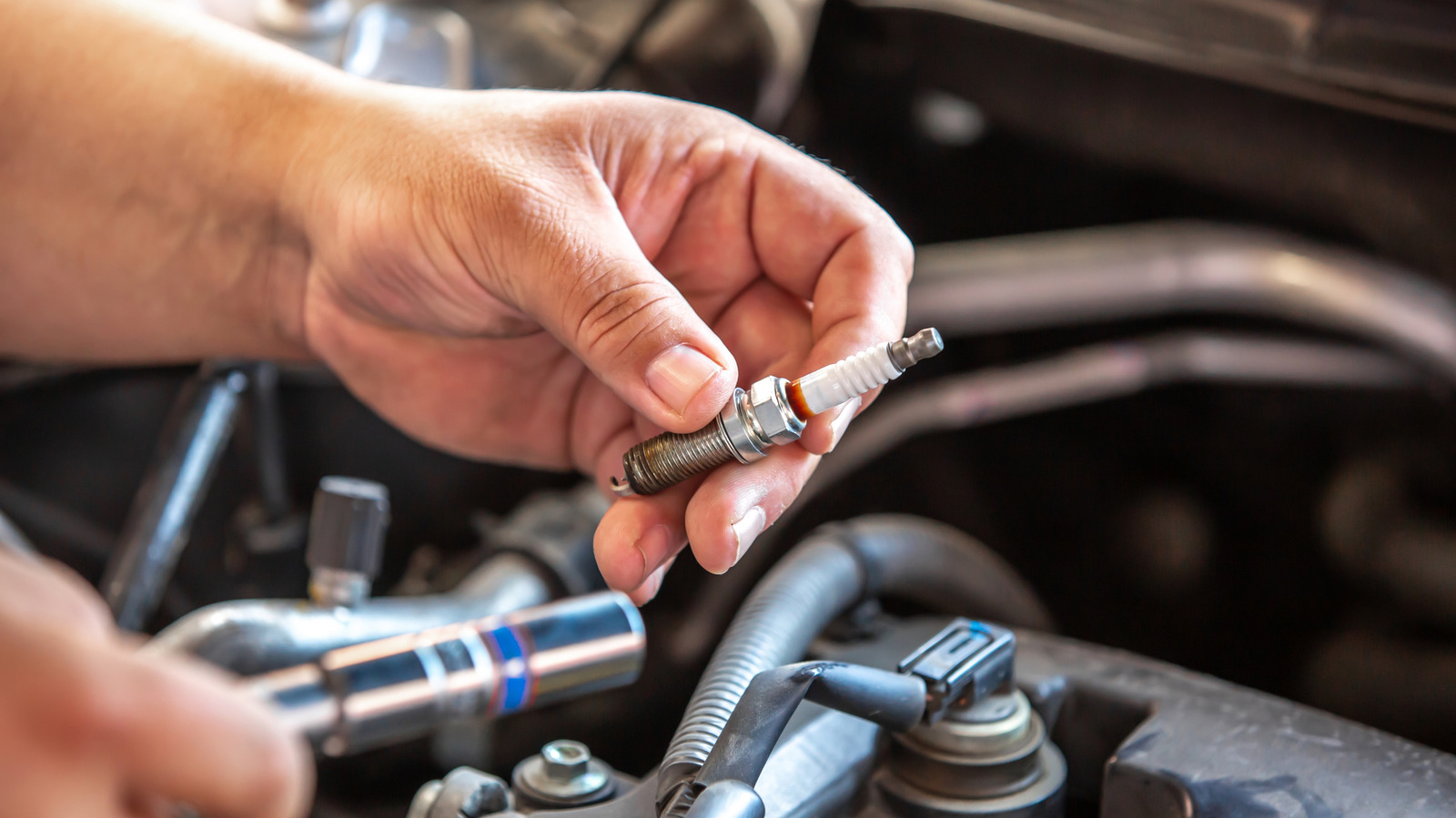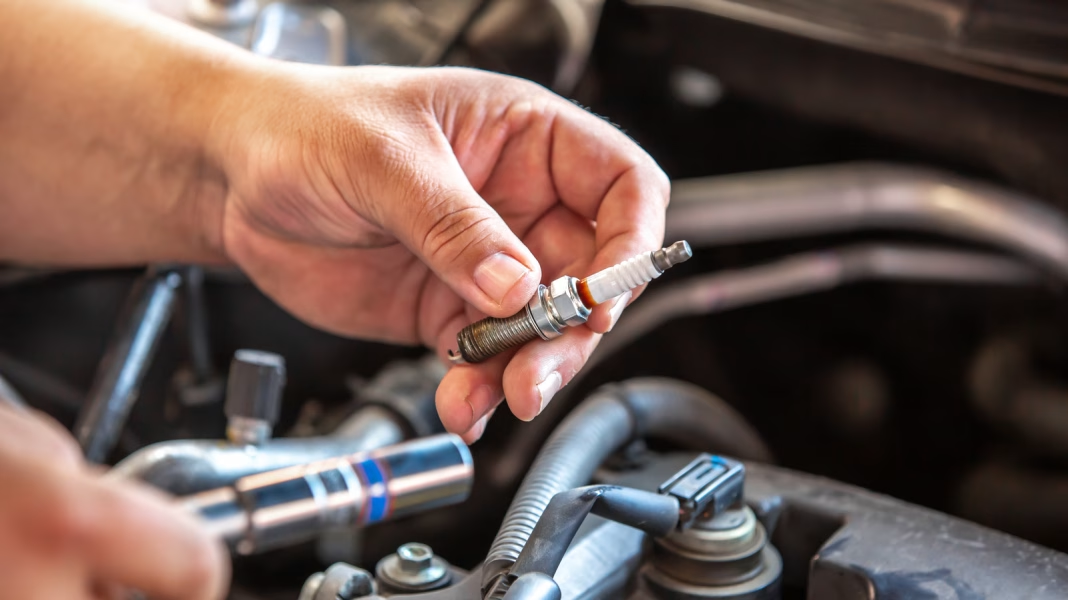Spark plugs might seem like small, unassuming components of your vehicle, but they play a crucial role in how efficiently your engine runs. If you’ve ever wondered whether changing them can actually boost your fuel economy, you’re not alone. Let’s dive into the nitty-gritty of spark plugs and how they might just be the key to a more fuel-efficient ride.
What Are Spark Plugs and Why Do They Matter?
At their core, spark plugs ignite the air-fuel mixture in your engine’s cylinders. This ignition is what powers your vehicle, making spark plugs essential for engine performance. Over time, these little devices can wear out due to heat, carbon buildup, and general wear and tear. When they’re functioning optimally, they create a strong spark that ensures your engine runs smoothly and efficiently. But when they start to falter, you might notice a dip in performance and, yes, even fuel economy.
Can New Spark Plugs Really Save You Gas?
Absolutely! Fresh spark plugs can lead to better combustion, which means your engine burns fuel more efficiently. When spark plugs are worn or dirty, the spark they produce can become weak or inconsistent. This inefficiency can cause incomplete combustion, leading to wasted fuel. In fact, according to the U.S. Department of Energy, replacing worn spark plugs can improve fuel economy by as much as 30%. That’s a significant saving, especially if you’re someone who spends a lot of time on the road.
Signs It’s Time to Change Your Spark Plugs
So, how do you know when it’s time to swap out those spark plugs? Here are a few telltale signs:
1. **Decreased Fuel Efficiency**: If you’re filling up more often than usual, it might be time for a change.
2. **Rough Idling**: If your engine feels shaky or uneven when idling, worn spark plugs could be the culprit.
3. **Difficulty Starting**: Struggling to start your vehicle can indicate that your spark plugs aren’t firing properly.
4. **Poor Acceleration**: If your car feels sluggish when you press the gas, it might be due to weak sparks.
5. **Check Engine Light**: Sometimes, your vehicle will alert you to issues with the ignition system, including spark plugs.
If you notice any of these symptoms, it’s worth having a mechanic take a look. Regular maintenance can prevent bigger issues down the line.
Choosing the Right Spark Plugs
Not all spark plugs are created equal. Depending on your vehicle’s make and model, you might have options ranging from copper to platinum to iridium. Each type has its own lifespan and performance characteristics. For example, while copper plugs are cheaper and provide excellent conductivity, they tend to wear out faster than platinum or iridium options. If you’re looking for longevity and performance, investing in premium spark plugs can pay off in the long run.
The Role of Regular Maintenance
Changing your spark plugs is just one piece of the puzzle when it comes to maintaining fuel efficiency. Regular oil changes, air filter replacements, and tire maintenance also play significant roles. Keeping your vehicle in top shape ensures that all components work harmoniously, maximizing your fuel economy.
Real-World Impact of Spark Plug Maintenance
Consider this: a friend of mine recently decided to change the spark plugs in her aging sedan. She was skeptical at first, thinking it wouldn’t make much of a difference. However, after the swap, she noticed her fuel gauge moved much slower. What was once a weekly chore of filling up became a bi-weekly occurrence. The cost of the new plugs? A fraction of what she saved on gas.
Incorporating Spark Plug Changes into Your Routine
If you’re proactive about your vehicle’s maintenance, consider adding spark plug checks to your routine. Depending on your driving habits and the type of plugs you choose, you might need to replace them every 30,000 to 100,000 miles. Keeping an eye on their condition can help you avoid performance issues and keep your fuel costs down.
The big takeaway? Changing spark plugs isn’t just about keeping your engine running smoothly; it’s about smarter adjustments that can lead to significant savings at the pump. Start with one change this week, and you’ll likely spot the difference by month’s end.


